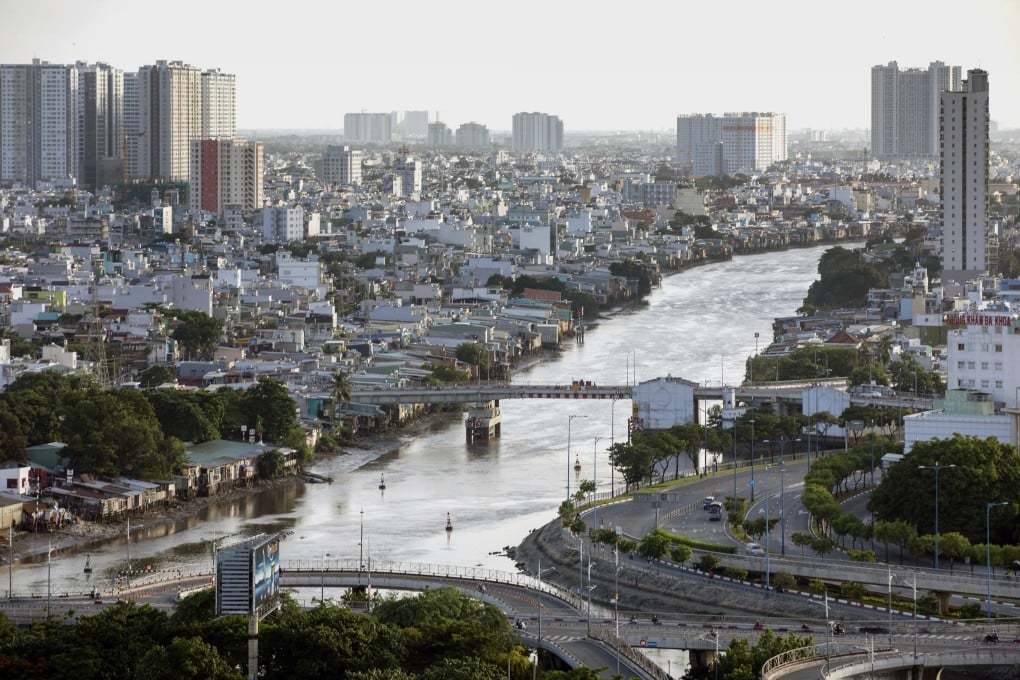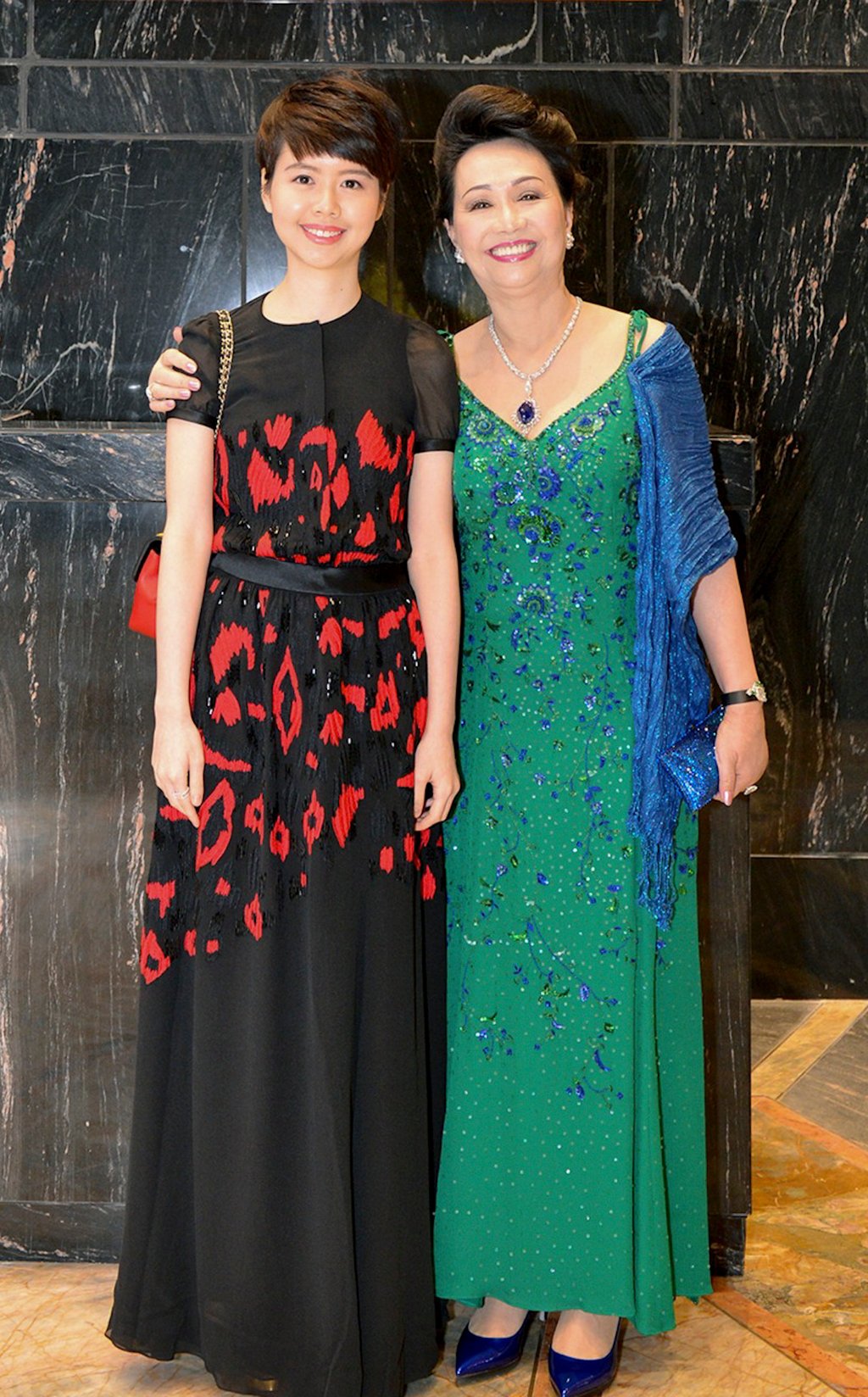Asian Angle | Vietnam’s corruption, poor economic management will hinder its growth — as Truong My Lan scandal shows
- The multibillion dollar scandal involving Than’s Van Thinh Phat and Saigon Commercial Bank shows that regulators are overwhelmed – and on the take
- Not only does Vietnam’s banking system remains fragile and vulnerable to simultaneous bank runs, but corruption is endemic even at the highest levels

In addition to 30 trillion dong (US$1.24 billion) in fraudulent bond issues, Truong My Lan – who was arrested on October 8 last year – has been accused of embezzling some US$12.53 billion from Saigon Commercial Bank (SCB), which she secretly controlled. To put that figure into perspective, it’s equivalent to 3.2 per cent of Vietnam’s gross domestic product.
The investigation into property developer Van Thinh Phat (VTP), which Lan chaired, raises very important issues about Vietnam’s economic management and anti-corruption efforts.

In 2011, three small commercial banks faced insolvency. The three banks shared many commonalities: they lent most of their assets to a few players in the real- estate sector, had lax internal controls, were awash with non-performing loans, and had experienced bank runs when key shareholders ran afoul of the law. Most importantly, all three were all secretly controlled by Lan, through nominees.
The State Bank of Vietnam – the central bank – arranged for the three banks to be merged into SCB. But there were no legal consequences for Lan, probably due to her political connections. So it’s little surprise that 12 years later, the same bank, owned by the same person, repeated the fraud, just at a much larger scale.
Vietnam has been a darling of foreign investors, with US$22 billion and US$25 billion pledged in 2022 and 2023, respectively. But the case of Lan and VTP/SCB should serve as a reminder that Vietnam’s endemic corruption and unwillingness to address fundamental problems in the banking system and improve its economic management will hinder its growth.
Untangling Lan’s shady corporate web
Lan, now 67, started out as a hair-accessories trader in a market in Ho Chi Minh City’s District 5 before moving into real estate in 1992, allegedly thanks to her political connections. Within a few years, she was able to secure some of the most valuable properties in the city, including several on Nguyen Hue Boulevard, one of the most expensive streets in Asia. She cultivated political support by being a generous sponsor to major city initiatives.

